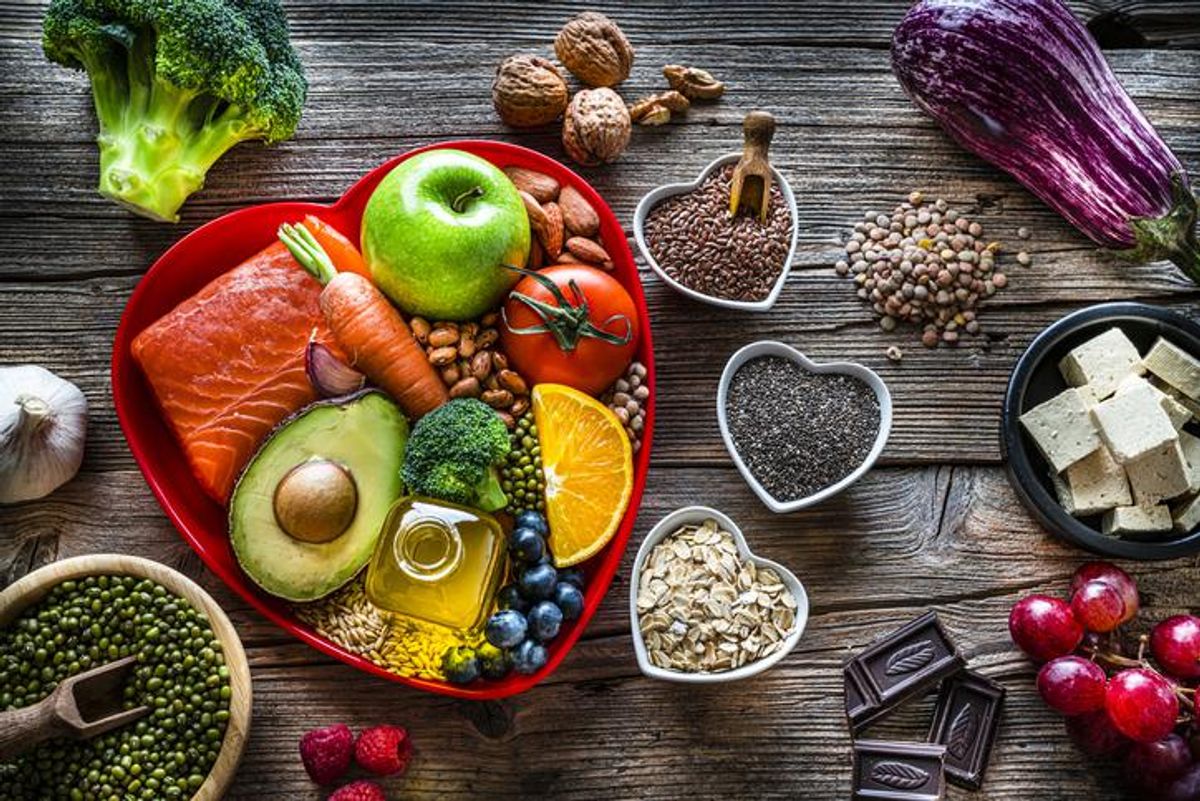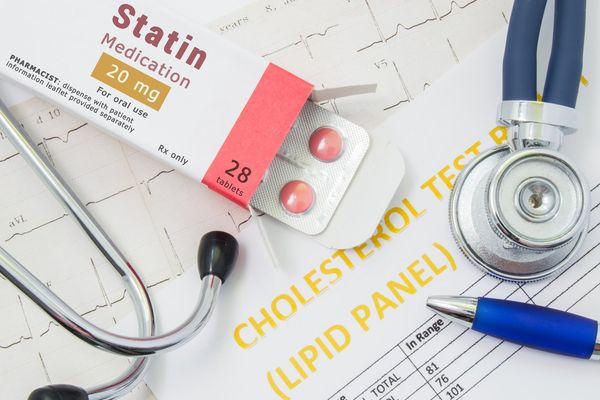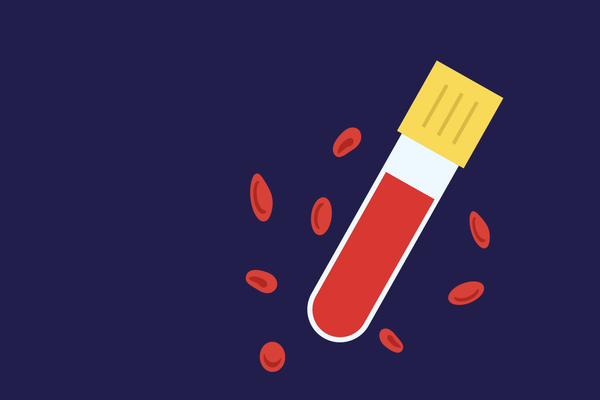Q:
Now they're saying that we need to eat less than 300 mg of cholesterol daily. Does that mean I should cut out red meat? I've read that eating too much fish isn't healthy either.
A:
For some time now, the American Heart Association (AHA) has recommended limiting cholesterol intake. The guideline for most people is to consume no more than 300 milligrams (mg) of cholesterol per day. The AHA recommends a target of no more than 200 mg per day if you have heart disease or other risk factors, including high blood pressure, high cholesterol, diabetes, obesity, smoking or lack of physical activity.
Lean, red meat actually has about the same amount of cholesterol as chicken and fish, yet it usually contains more saturated fat. For this reason, be sure to limit your intake of saturated fat -- found in animal products and tropical oils (like palm and coconut oil), and trans fat -- found in processed foods and many store-bought baked goods. They raise low-density lipoprotein (LDL), or "bad" cholesterol more so than eating foods high in dietary cholesterol, such as egg yolks. Rest assured that you don't need to totally eliminate red meat from your diet, but you should try to limit intake to 6 ounces per week.
You can also take these simple steps:
- Choose lean cuts of meat, such as loin or round, and remove skin from chicken and turkey.
- Include a variety of fish in your diet: Fish is a great source of protein as it is low in fat and high in beneficial, heart-healthy omega-3 fatty acids. It is best to eat a variety of fish. However, some types are high in mercury, and this is especially a concern for pregnant women. If you're pregnant, avoid shark, swordfish, king mackerel and tilefish, and limit fish consumption to 12 ounces per week.
- Eat more egg whites and egg substitutes. Limit egg yolks to two per week if you already have or are at risk for heart disease.
- Choose luncheon meats that are 95 percent fat-free, such as lean ham and turkey breast.
- Select low-fat or part-skim cheeses, as well as low-fat cottage cheese. Low-fat cheeses have no more than 3 grams of fat per serving.
- Be creative with meat substitutes: Choose a variety of dried beans and peas, such as kidney, lima, soy, pinto, navy and black beans, peas, chickpeas and black-eyed peas, lentils and vegetarian baked beans. Beans and peas are a great, high fiber and high protein addition to soups and salads. Also, experiment with tofu and soy-based foods, including soy burgers and soy hotdogs.







